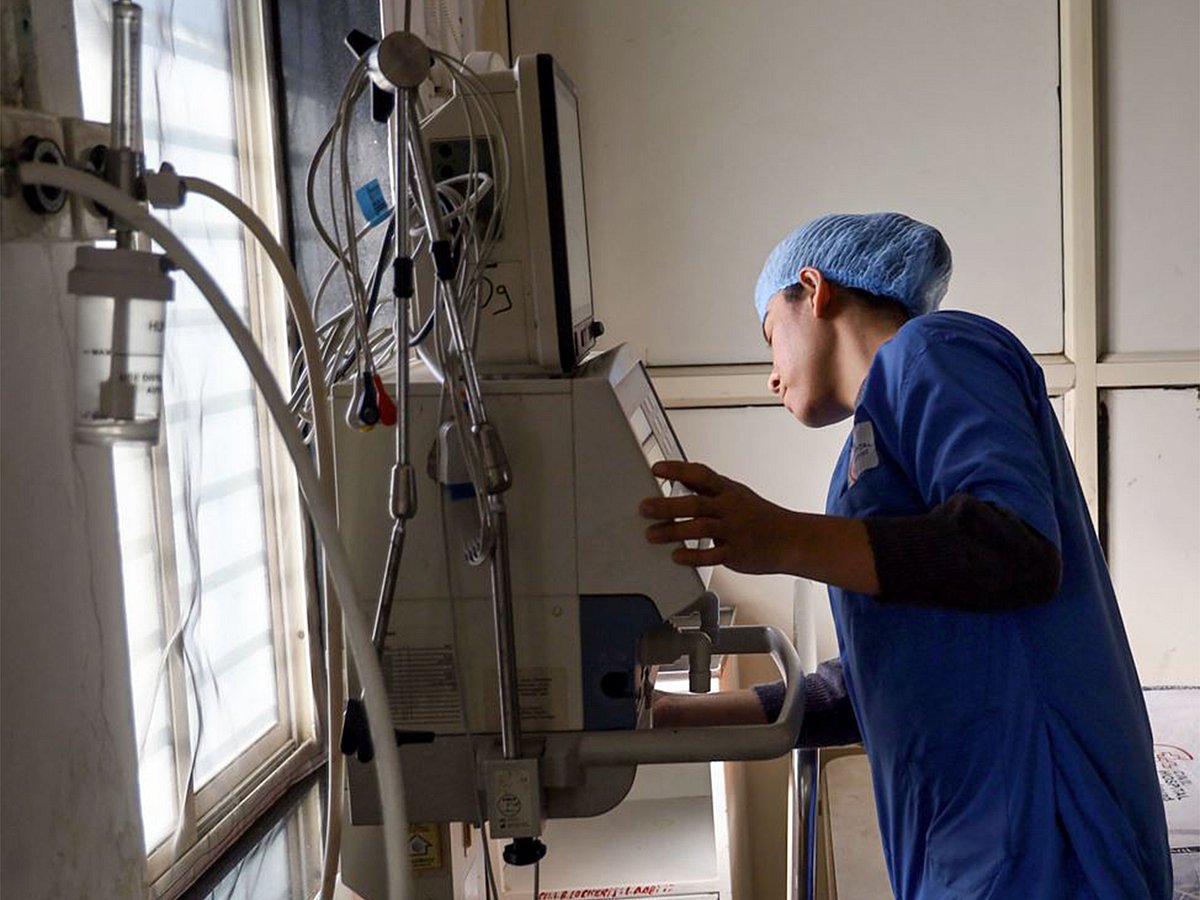Dr Manohar KN, Lead Consultant, physician and diabetologist, Sparsh Hospital, said, “Genetics play an underlying role. It is simple if genetics loads the gun, then lifestyle pulls the trigger. Thus, people should concentrate on improving their lifestyle by early testing and having healthy activities, for nothing can be done about the genes.”
Dr Vedam Ramprasad, CEO MedGenome, said that gradually awareness is increasing. Earlier, it was only for rare diseases, but now it is being tested for common diseases also. But not as much as it is the US, and other Western countries. It is now mandatory in some countries like Abu Dabi and other Middle East countries. In India, the mindset of people, economics and other factors play a role. People simply think about what the need is.
Interestingly, with rising IVF treatments, a rise in genetic testing is being noted. However, the ethics of this is still debated in the medical fraternity. While genetic analysis to ascertain underlying diseases like down syndrome or other health markers is good, screening for good embryos is not.
Explaining the need, Dr Animesh Maiti, Head of Department, Endocrinology, Government Medical College, Kolkotta, added that genetics playing a role in diabetes in Type-2 diabetes is globally known. It is only now that cases in Type-1 diabetes are being reported and many are in Finland. Gene therapy, which is on the rise in other countries, needs to pick up in India. The facilities for testing are also rising gradually. Like private labs, hospitals too have started their in-house genetic testing centres. The cost of testing has also reduced from earlier. It has gone down from Rs 15,000-30,000 to Rs 7,000-10,000 depending upon the type of test. But government hospitals are yet to start it. Government doctors refer patients to private labs, which adds to their cost of treatment.
Dieticians have also started taking note of the need for genetic testing. A lead sports dietician, not wanting to be identified, said, “Genetics studies also help in choosing the right type of diet not just for patients during and after treatment, but also on a daily basis. Like allergy tests are done before surgeries, genetic tests before treatment can tell the type of medicines person can be prescribed, the type of food a person can eat and the diet that needs to be maintained, especially for diabetics and heart patients, instead of just saying reduce or no sugar or the sports they can play. But clinicians still need to understand this.”

